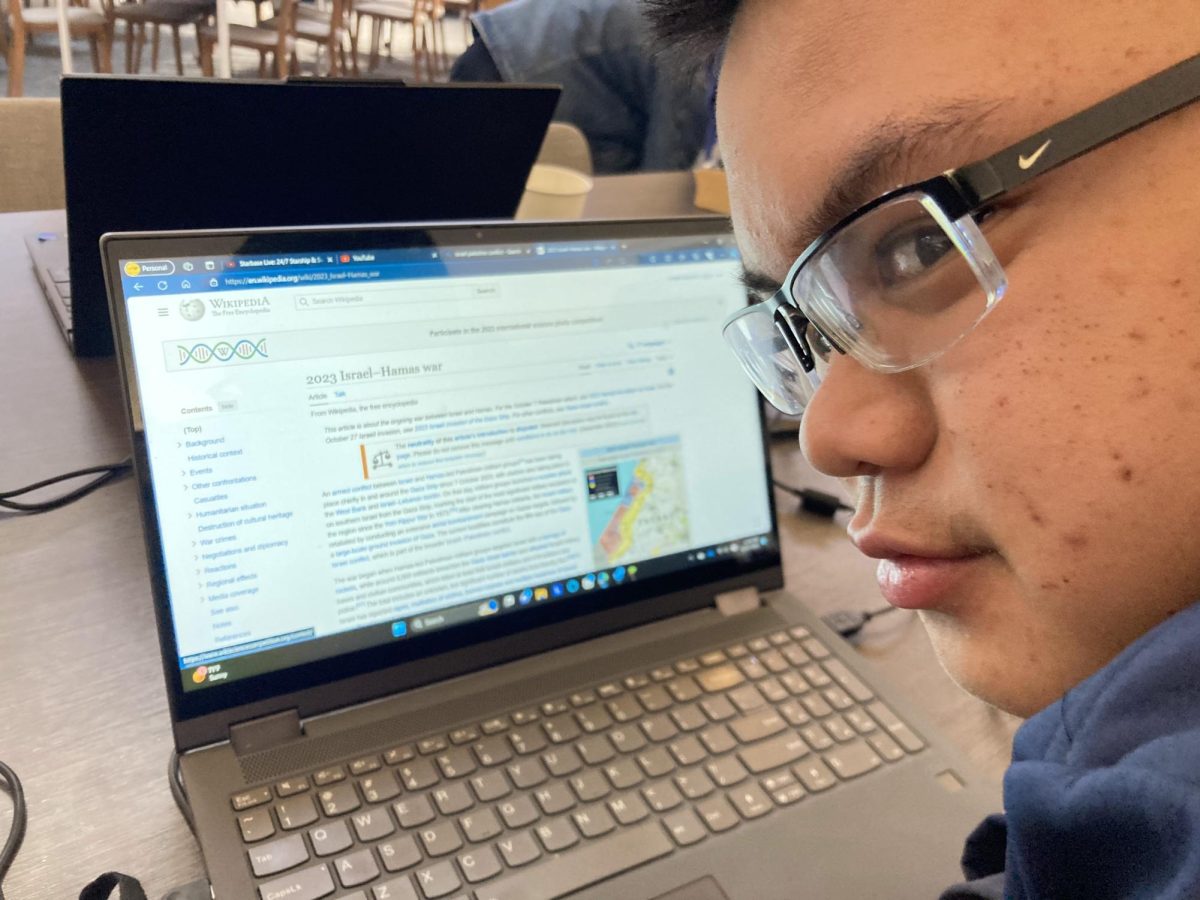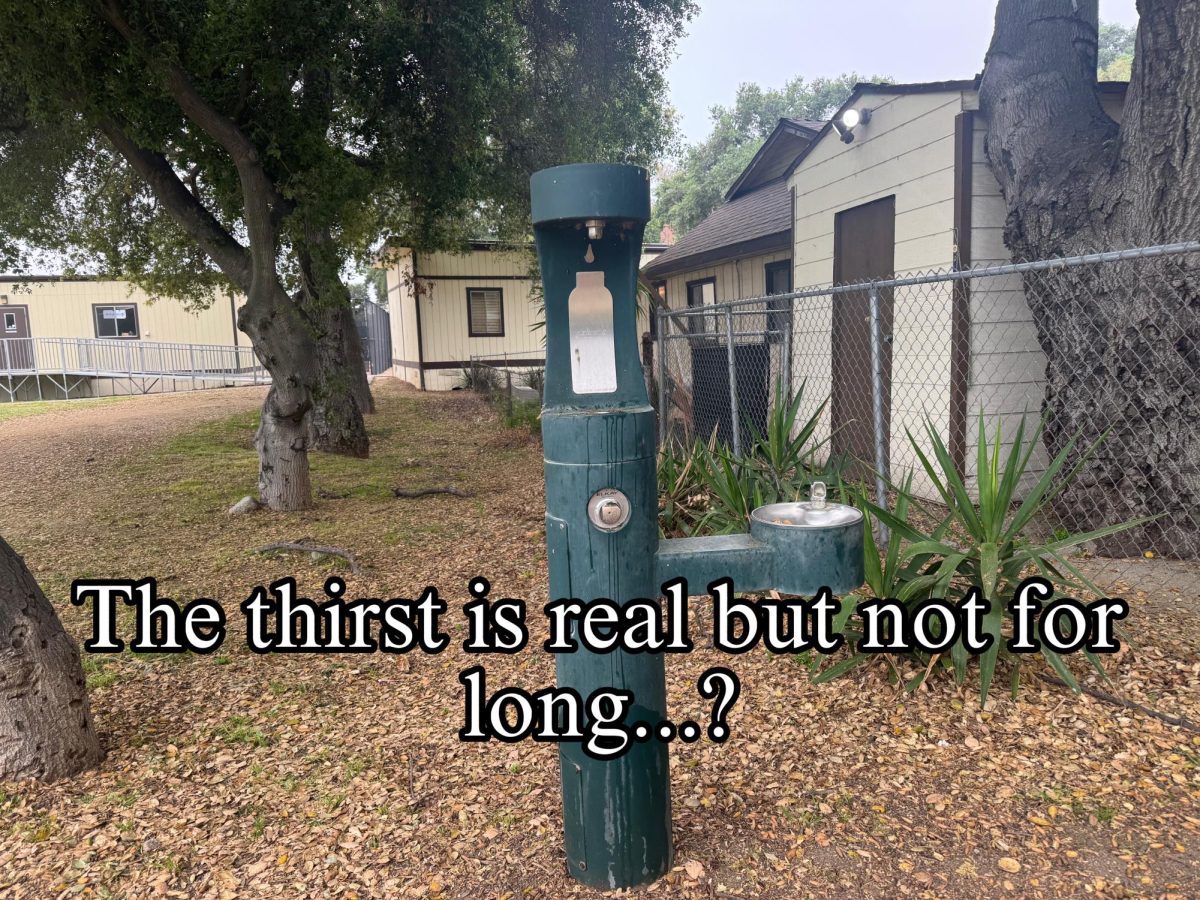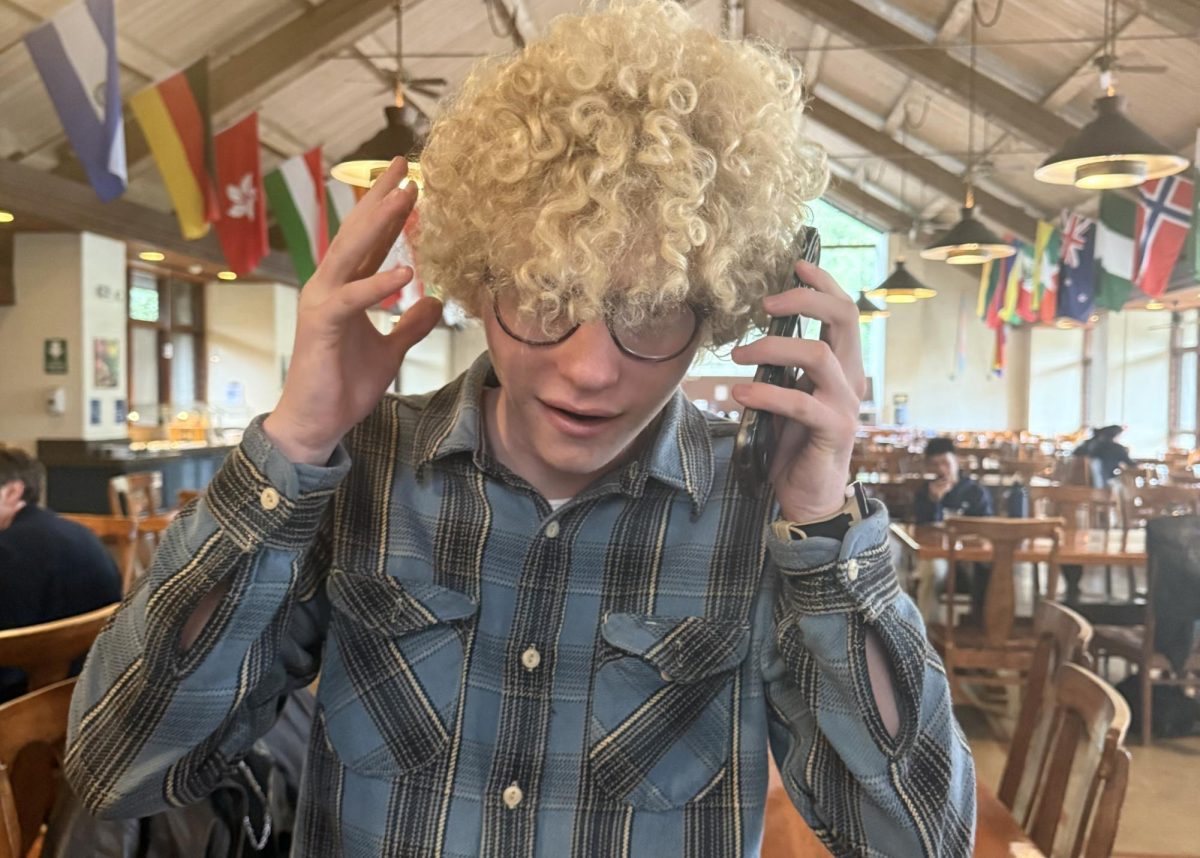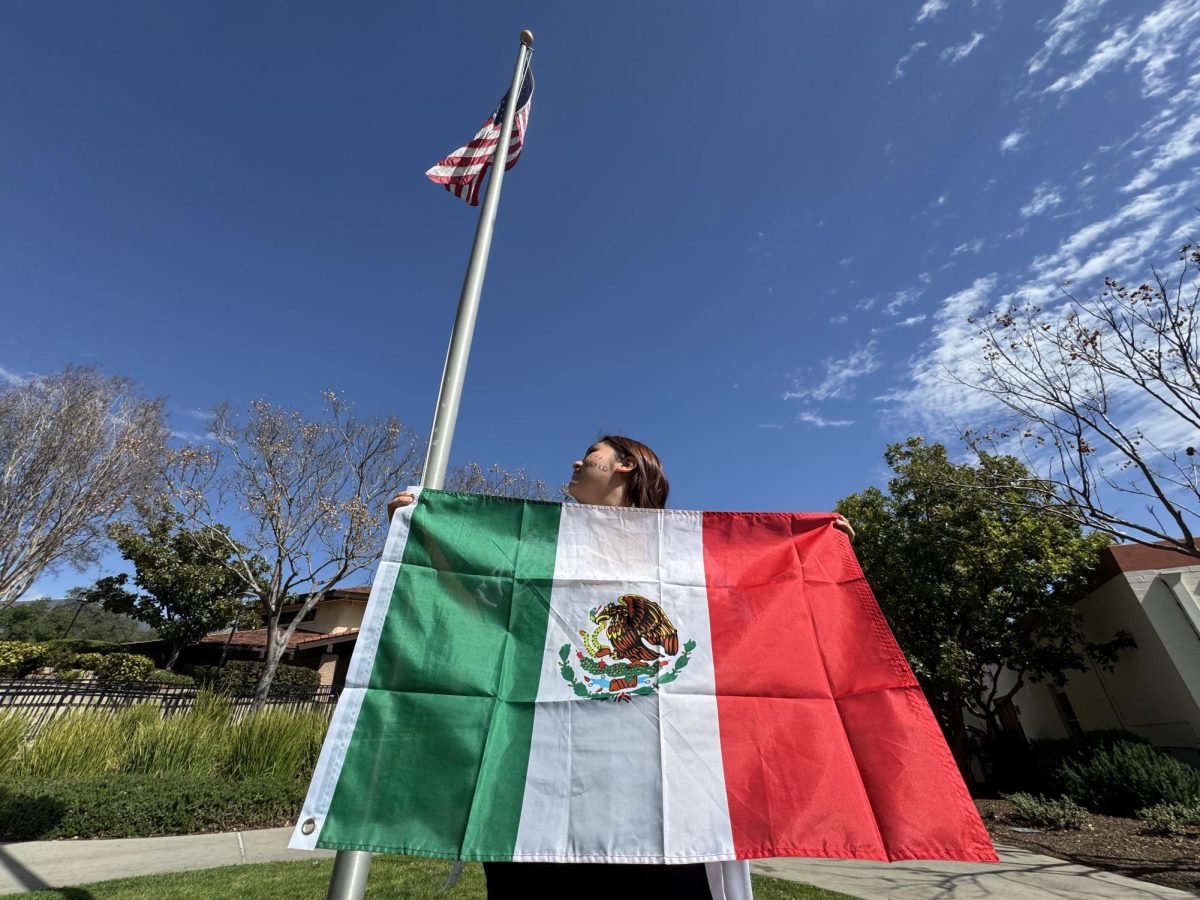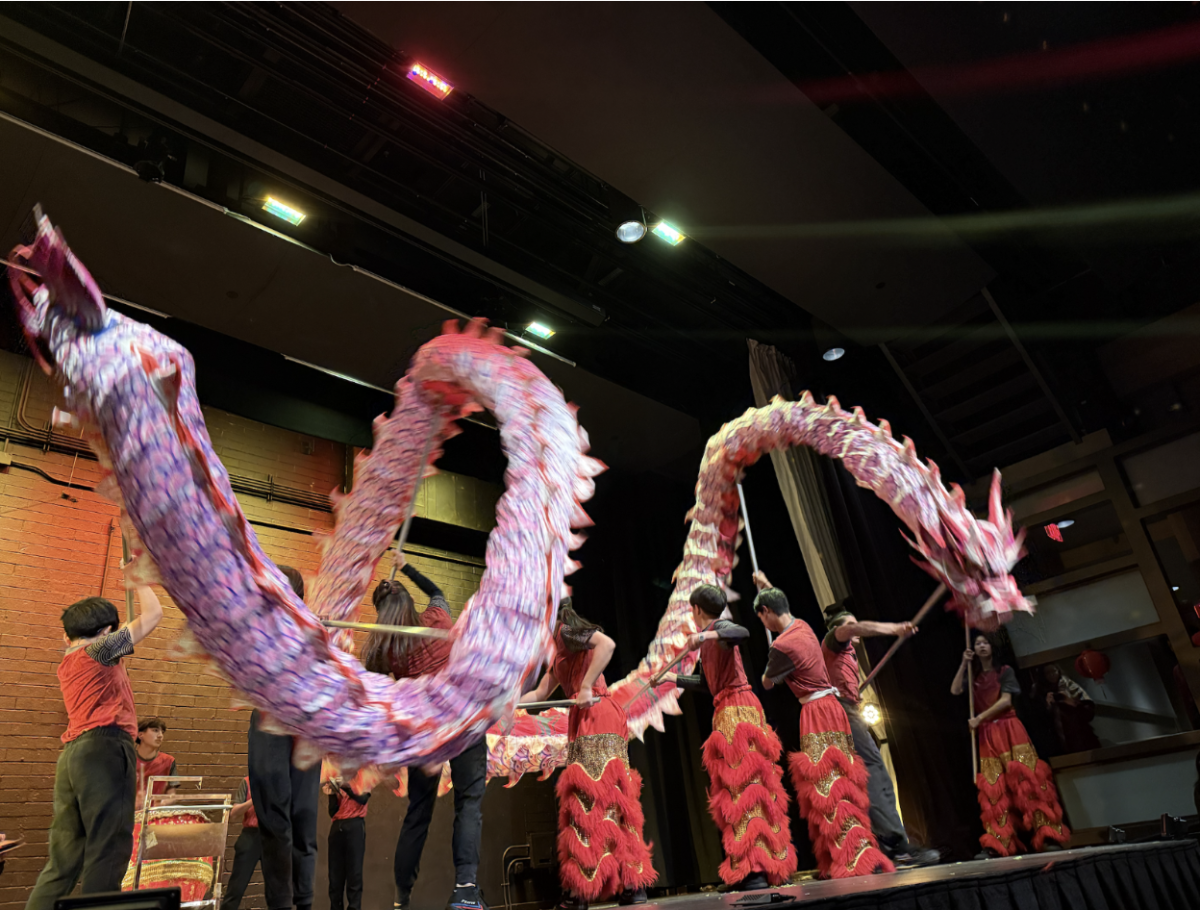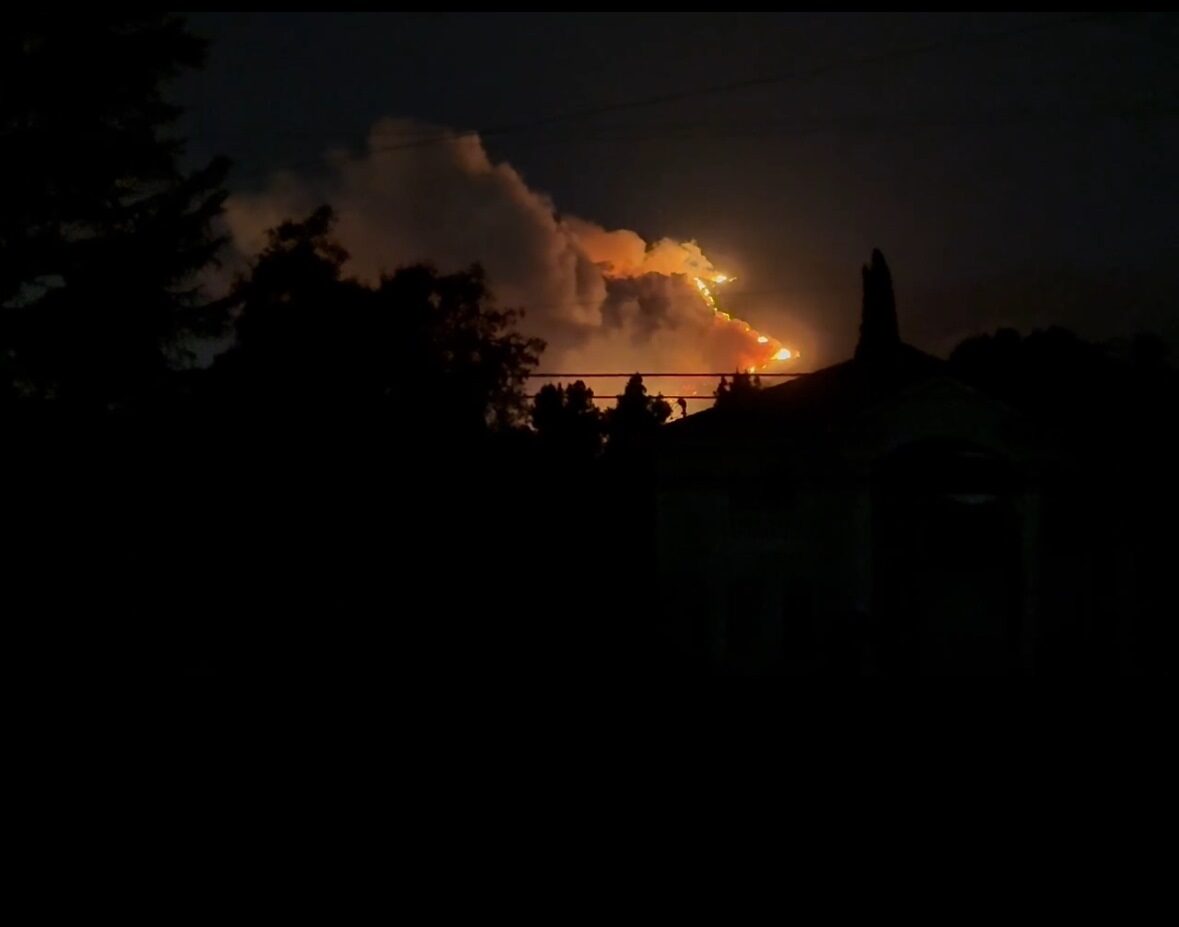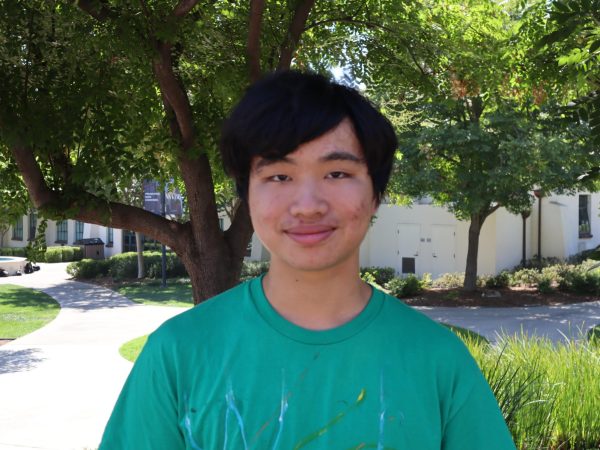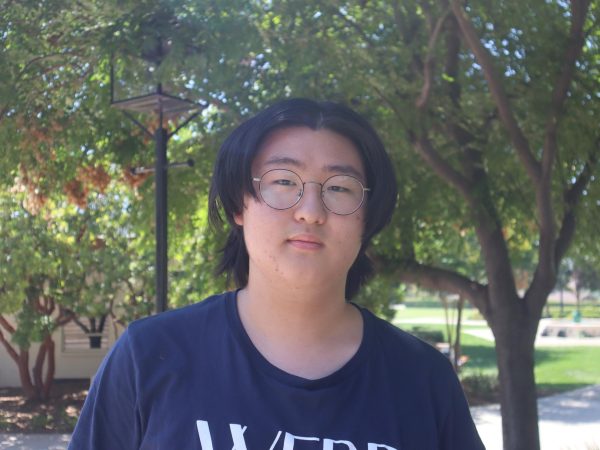On October 12, 2023, flags around the United States flew at half-mast in remembrance of the death of almost a thousand Israeli civilians after a surprise attack by Hamas militants in Southern Israel. With Israel’s brutal response of airstrikes and ground invasion, the issue has become polarizing and led to students picking sides.
However, the Israeli-Palestinian conflict is nothing new, and understanding the roots of the issue is important to be informed about the topic. One of the primary reasons for the conflict lies in religious differences and claims to the land, spanning back thousands of years.
“You have this one place in the world in the eastern Mediterranean which three different religions understand as holy and sacred,” said Stephen Hebert, humanities department faculty and teacher of Foundations of Civilization and Advt St. Fascism, which covers the creation of Israel.
“In Judaism, this is the land God promised to his people escaping from Egypt. For Christians, this is where Jesus did and said many of his most important things. For Muslims, who understand themselves to be continuing the faith that God gave to Abraham, Jerusalem is holy because God set it apart as such.”
The strip of land we now know as Israel or Palestine was controlled by numerous independent Jewish kingdoms in ancient times, but by the 900s, the Christian and Jewish population had been mostly replaced by Muslims — though small minorities remained.
However, the origins of the present conflict lie in the Zionist movement of the late 19th century, which advocated for the creation of a unified Jewish nation-state and identity. In 1917, the British Empire officially endorsed a “national home for the Jewish people” in Palestine. After the declaration, hundreds of thousands of Jews began migrating to the region and buying land, paving the way for the establishment of the independent state of Israel in 1948.
Parallel to the rise of Zionism, Arab nationalism emerged after World War I in the 1920s. It was an anti-colonialist and nationalist movement, which aimed to create a unified pan-Arab state and identity. As such, the ideologies of Arab nationalism and Zionism clashed as Arabs centralized themselves around the newfound Palestinian cause, viewing Jewish migration as the epitome of colonial meddling and oppression.
“In the wake of World War II when you had the establishment of the nation of Israel, Jewish people were flooding into this region,” Mr. Hebert said. “Anytime something like that happens, people will be displaced, and that lays the foundation for animosity for generations.”
With tensions at an all-time high, the United Nations’s 1948 plan attempted to solve the issue through a two-state solution with both a Jewish and Muslim state. However, millions of Muslim Palestinians already lived within the proposed borders of the new state of Israel. Even before the official establishment of Israel, Jewish and Arab militias were fighting and massacring civilians, both viewing themselves as defenders of their homelands.
In solidarity with Palestinian Arabs, who were fighting against Israeli forces, a coalition of Arab states including Egypt, Transjordan, Syria, Iraq, Lebanon, and Saudi Arabia attacked the newly independent Israel. Both sides engaged in war crimes and genocide, but Israel eventually won militarily, leading to the expulsion of 700,000 Palestinian Arabs and the expansion of Israel beyond its proposed borders in what became known as the Nakba, or “catastrophe” in Arabic.
Numerous wars were fought between Israel and its neighbors; due to advantages in technology, coordination, and tactics as well as foreign support from the United States, Britain, and France, Israel won all four major wars.
After the last Arab-Israeli war in 1973, also called the Yom Kippur war, tensions began to die down between Israel and its neighbors, and foreign relations improved after Israel returned the Sinai Peninsula to Egypt.
A key point in Israeli-Palestinian relations has remained the Israeli occupation of much of the West Bank and until 2005, the Gaza Strip. Since occupying the West Bank in 1967, the Israeli government has sent hundreds of thousands of settlers into internationally recognized Palestinian lands, which it sees as its rightful territory. It has also instituted a blockade of the Gaza Strip after its takeover by Islamic extremist group Hamas, turning Gaza into what some have described as an “open-air prison.”
The State of Palestine currently only controls the Gaza Strip and hundreds of small enclaves in the West Bank. These borders were agreed upon in the 1993 Oslo Accords, a peace agreement between the two sides, though the isolation of Palestinian “islands” in the West Bank has contributed to poverty in Palestine and spurred comparisons with the South African Apartheid regime, which similarly forced its Black population into “Bantustans.”
However, because of the continuous tension in both the West Bank and Gaza strip as well as demographic changes, both sides have become more and more extremist and uncompromising.
Israel arguably has the most right-wing government in its history under Netanyahu. Additionally, Hamas, which aims for the destruction of Israel, has outcompeted its Arab Nationalist rival, Fatah, which supports a two-state solution. Both sides are becoming increasingly dominated by religious extremists, and support for a two-state solution is at an all time low in Palestine and Israel, showing that neither side has the popular support for a peaceful resolution.
“Since childhood, many in Palestine grew up with pro-Palestinian or antisemitic propaganda that they should fight against Israelis’ return to the holy land,” said Elena Petrova (‘25), . “So, there is public support despite the situation going on currently.”
In the past few years, this tension had led to fighting in the West Bank between Israeli forces and Palestinian militias, most recently in Jenin, a refugee camp in the West Bank. In addition, Hamas has launched numerous rocket attacks on Israeli cities, which provoked Israeli incursions and airstrikes on Gaza. However, most of the conflict was still focused on the West Bank. Israel believed that Hamas lacked the capabilities for an attack and was focusing on economic issues despite finding the blueprints for the recent attack.
In this tense environment, spurred by a historical cycle of genocide, colonialism, religious conflict, and violence, Hamas launched the October 7th attack on Israel. Around 1,200 Israeli soldiers and civilians were killed in the attack, and hundreds were taken hostage. The Israeli response of invasion and airstrikes have killed more than 17,000 Palestinians, the vast majority of which were civilians.
The news never exists in a vacuum. This article has only scratched the surface of conflict and development in this region, but people should still approach controversial topics like these with humility.
“We need to not jump to conclusions,” Mr. Hebert said. “What a lot of people tend to do is say, ‘I side with Israel’ or ‘I side with Palestine’ and at the end of the day, both have done some things right and both have done some things wrong. There are so many complexities to this conflict, so we really need to look at it with some humility and say, ‘I don’t know the full story.’”


